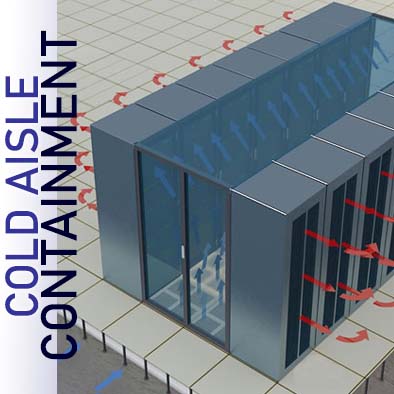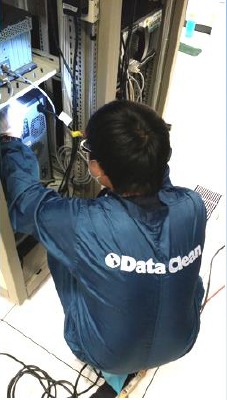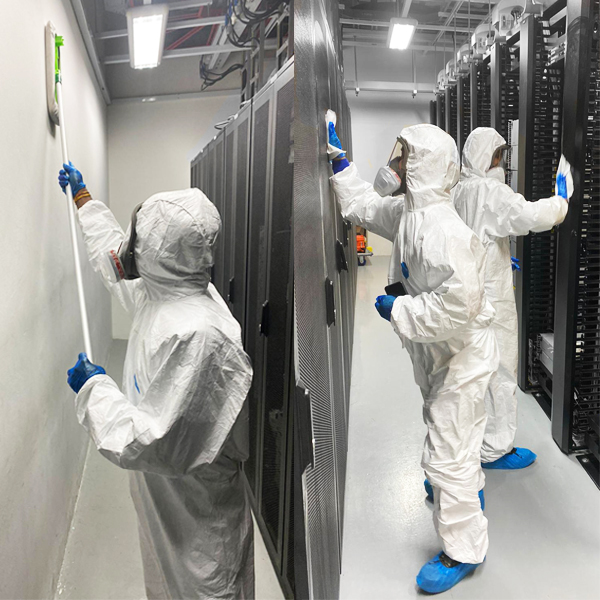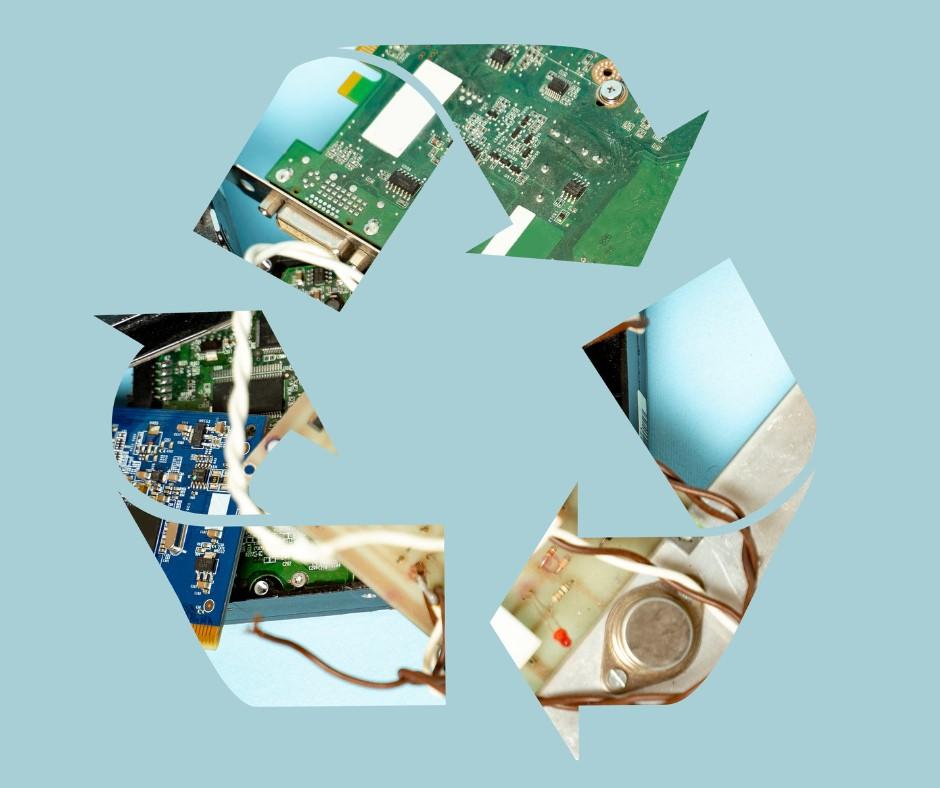As we move more and more into the digital sphere, data centers have begun to play a pivotal role in supporting the functioning of businesses, governments and various other organizations. These facilities serve as the backbone of modern computing infrastructure, housing an array of computer systems, storage units, and telecommunication components that collectively store, process, and distribute vast amounts of data that are critical to daily functioning. To ensure the seamless operation of these critical infrastructures, it is crucial to safeguard their vital components.
What Is Corrosion?
One of the biggest threats to data centers is corrosion. It is a natural process that involves the deterioration of metals through chemical or electrochemical reactions with their environment. The adverse effects of corrosion are particularly concerning for critical infrastructure like data centers as they house essential computer systems and data. Corrosion can manifest in forms like pitting, cracking, or general thinning, ultimately leading to equipment failure, downtime, data loss, and substantial financial consequences.
Specific Equipment and Systems Requiring Corrosion Testing
Several components within data centers are particularly vulnerable to corrosion due to their operational characteristics and exposure to external elements. These components include:
- Servers, Routers, and Switches: These core computing components are integral to data center operations and must be well-protected to ensure seamless data processing and distribution.
- Power Supplies: Corrosion in power supply components can lead to failures and outages.
- Cooling Coils and Air Conditioners: Effective cooling is essential to maintain optimal operating temperatures. Corrosion in cooling components can compromise the cooling efficiency and overall data center environment.
- Fire Suppression Systems: Corrosion in fire suppression systems can hinder their functionality, posing a significant safety risk in the event of a fire.
Causes of Corrosion in Data Centers
Corrosion can stem from a range of factors, each potentially causing extensive damage. Some notable factors contributing to corrosion in data centers include:
- Corrosive Airborne Materials: Airborne contaminants such as salt, sulfur, and chlorine can react with materials, accelerating corrosion processes. Industrial emissions and other pollutants can also contribute to corrosion.
- Moisture: The condensation of moisture on surfaces, particularly those operating at lower temperatures, can create a conducive environment for corrosion. Thus, if the data center has high levels of humidity, it can create a conducive environment for corrosion. Additionally, data centers situated near coastlines or in regions with saline environments face increased risk due to the corrosive properties of saltwater.
- Dust and Dirt Buildup: The accumulation of dust and dirt on equipment surfaces can facilitate the corrosion process.
Benefits Of Regular Corrosion Testing
Corrosion testing services help in identifying existing corrosion before it jeopardizes equipment functionality and enable preventive actions to mitigate future risks.
- Preventing Downtime and Data Loss: Corroded equipment can lead to unexpected failures, disrupting operations and potentially causing data loss. Regular corrosion testing can identify vulnerabilities before they escalate into system-wide failures. This improves the overall reliability of data centers.
- Financial Protection: The costs associated with data center downtime, repairs, equipment replacement and data recovery can be substantial. Corrosion testing helps organizations avoid these financial burdens by addressing corrosion-related issues proactively.
- Root Cause Identification: Corrosion testing goes beyond detection; it also helps pinpoint the underlying factors contributing to corrosion. By understanding these factors, organizations can implement targeted solutions to prevent further corrosion. Regular testing can also identify potential corrosion threats before they escalate into critical issues, allowing for proactive mitigation measures.
Corrosion Testing for Data Center Protection
Corrosion testing encompasses diverse methods, each suited to specific scenarios.
- Visual Inspection: A straightforward method involving physical examination to detect visible signs of corrosion.
- Electrochemical Testing: This method measures the electrochemical reactions on metal surfaces, providing insights into corrosion rates and tendencies.
- Chemical Testing: Chemical analysis of materials can identify corrosion byproducts, aiding in the assessment of ongoing corrosion processes.
Corrosion Testing Services From Data Clean Asia
In a world increasingly reliant on digital operations, the protection of data centers through corrosion testing is an investment in the stability of our technological future. Data Clean Asia offers comprehensive corrosion testing services. Our skilled technicians analyze contamination levels using corrosion test coupons, providing insights that inform targeted solutions. Partner with us to leverage our extensive knowledge base and receive best practice recommendations tailored to your needs. From corrosion testing services to laboratory cleaning to airflow management solutions, we’ve got your back.
Contact us today to ensure the longevity and reliability of your valuable equipment.







